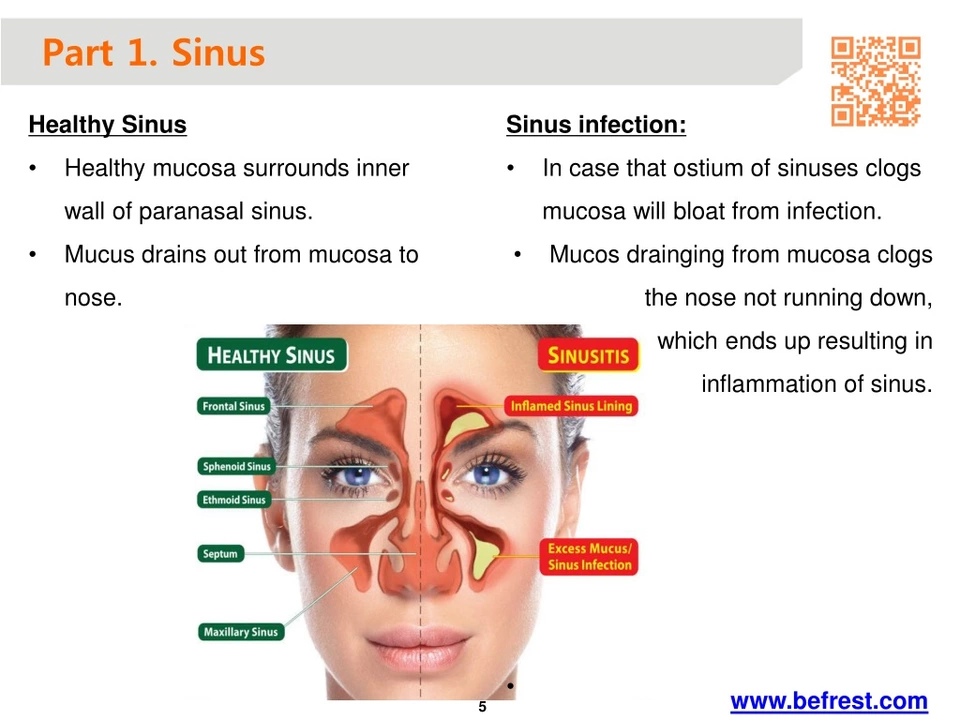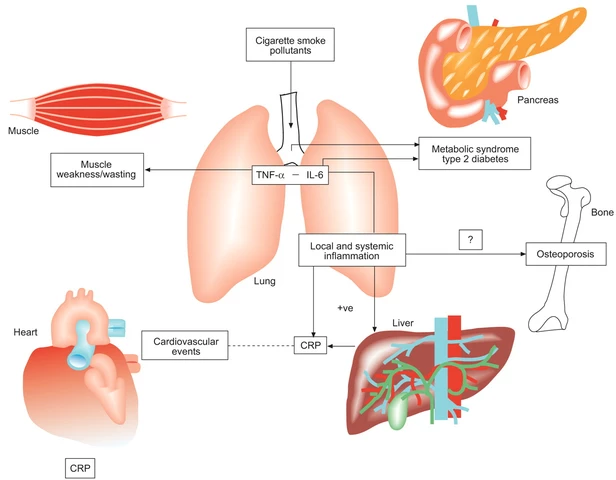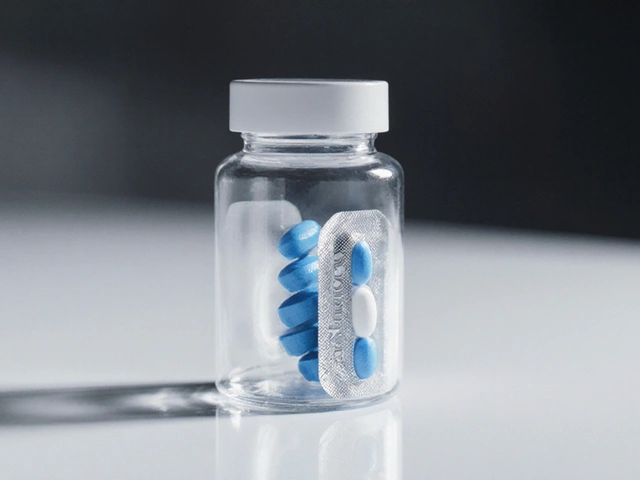Sinus Infections – What They Are and How to Beat Them
If your face feels heavy, you’ve got a pressure headache, or your nose won’t clear up, chances are a sinus infection is behind it. A sinus infection, or sinusitis, happens when the thin lining inside your nose and cheek bones gets swollen and fills with fluid. That creates an ideal place for germs to grow, which can make you feel sick for days.
Most people think they need a doctor’s prescription right away, but many cases clear up on their own with simple care steps. Knowing the warning signs and how to act fast can cut down the misery and keep you from missing work or school.
Common Signs You Might Have a Sinus Infection
The first clue is usually a stuffy nose that won’t quit, even after using regular decongestants. Look for thick yellow or green mucus, facial pain that worsens when you bend over, and a dull headache centered above your eyebrows.
You might also notice a reduced sense of smell, sore throat from post‑nasal drip, or a low‑grade fever. If any of these symptoms last longer than ten days, it’s time to consider that the infection has settled in.
Easy Ways to Relieve a Stuffy Nose
Start with steam. A hot shower or a bowl of warm water with a towel over your head helps thin mucus so you can blow it out easier. Adding a few drops of eucalyptus oil isn’t required, but the scent can feel soothing.
Stay hydrated. Drinking plenty of water, herbal tea, or clear broth keeps the mucus fluid and less sticky. Avoid caffeine and alcohol because they can dehydrate you.
Saltwater rinses work wonders. Mix a half‑teaspoon of salt in a cup of warm water and gently pour it through each nostril with a squeeze bottle. This flushes out irritants and reduces swelling.
If you need extra help, over‑the‑counter pain relievers like ibuprofen can cut the pressure headache, while nasal steroid sprays (like Flonase) lower inflammation when used for a few days.
Rest is underrated. Your body fights infection best when you’re relaxed and getting enough sleep. Keep your head slightly elevated with an extra pillow to help drainage while you rest.
When home care isn’t enough—if you develop a high fever, vision changes, or swelling around the eyes—it’s wise to see a doctor. They may prescribe antibiotics if bacteria are involved, but most sinus infections stem from viruses and improve without them.
At UpScript Medication Encyclopedia you’ll find deeper articles on specific drugs, nasal sprays, and when to seek professional help. Use our site to compare treatment options and read real‑world tips from other readers.
Bottom line: Spot the symptoms early, keep your nose clean, stay hydrated, and give yourself time to heal. With these simple steps you can beat a sinus infection without over‑relying on prescriptions.

Azithromycin for sinus infections: what you should know
As someone who has recently been dealing with a sinus infection, I've learned a lot about the role of azithromycin in treatment. This antibiotic is often prescribed due to its effectiveness in treating bacterial sinus infections. It's essential to take the medication as directed by your doctor to ensure the best results. However, it's important to remember that azithromycin may not work for all sinus infections, especially if they are viral or fungal in nature. If you suspect you have a sinus infection, always consult your healthcare provider to discuss the best course of treatment.
Detail



